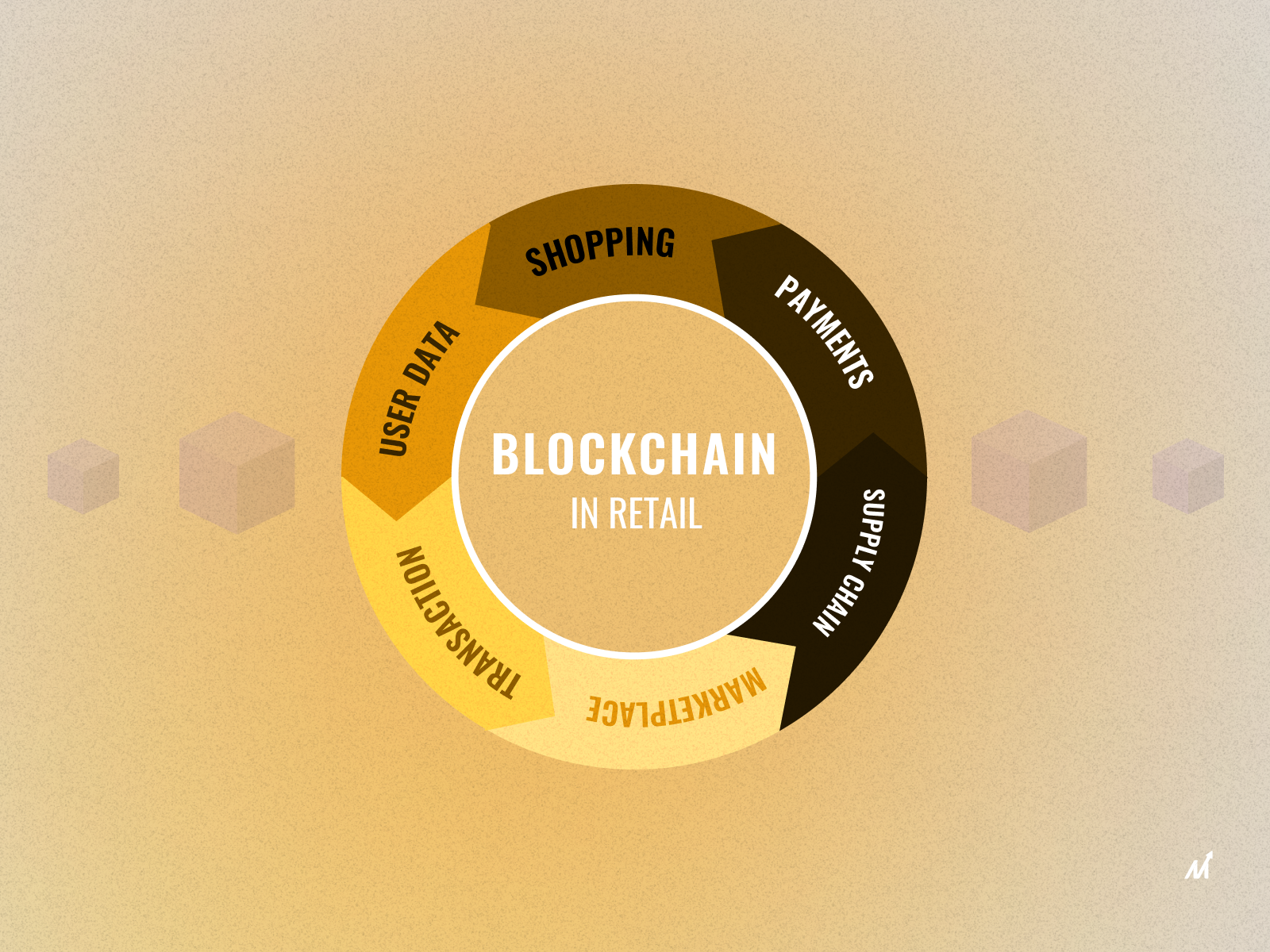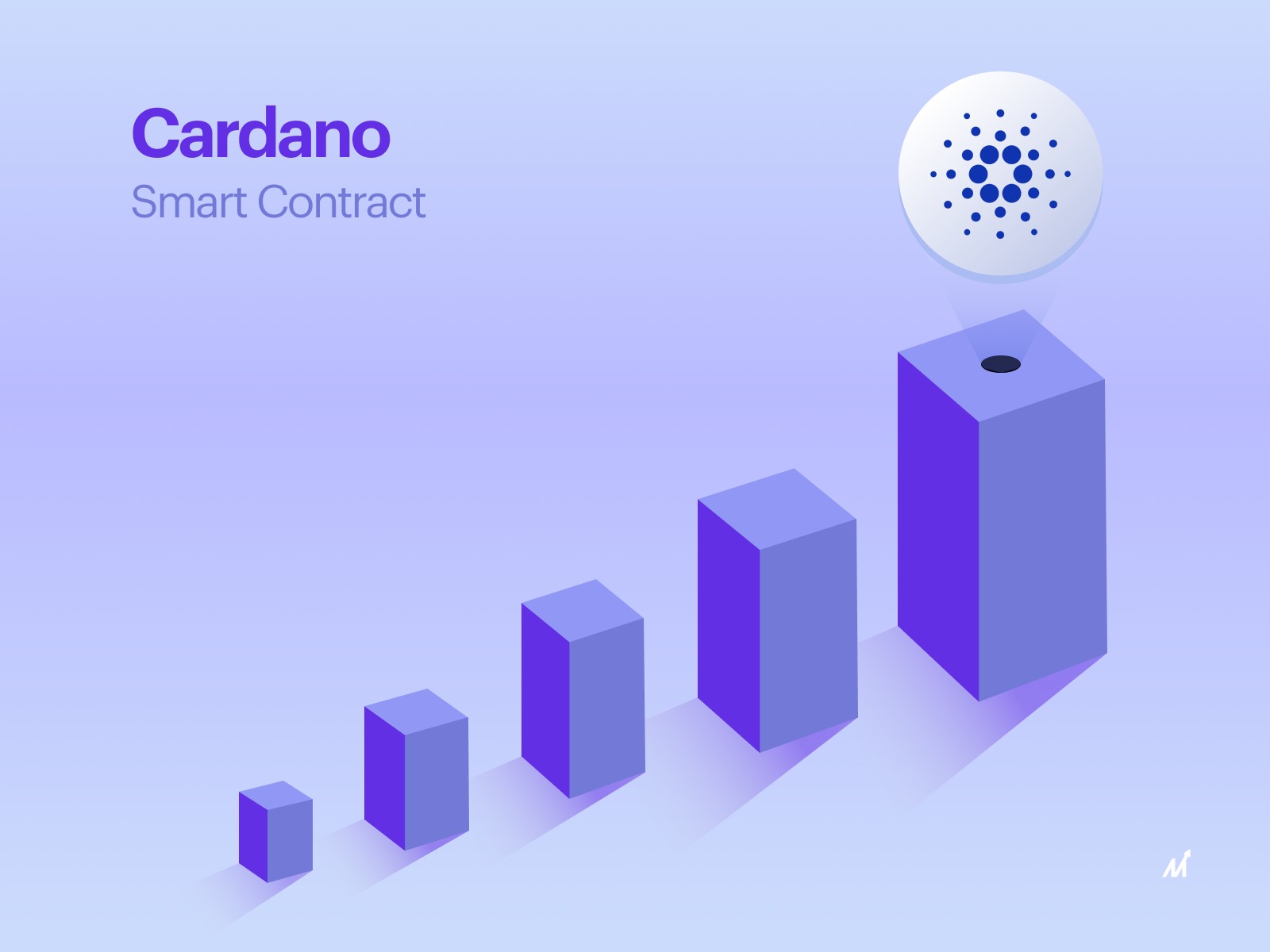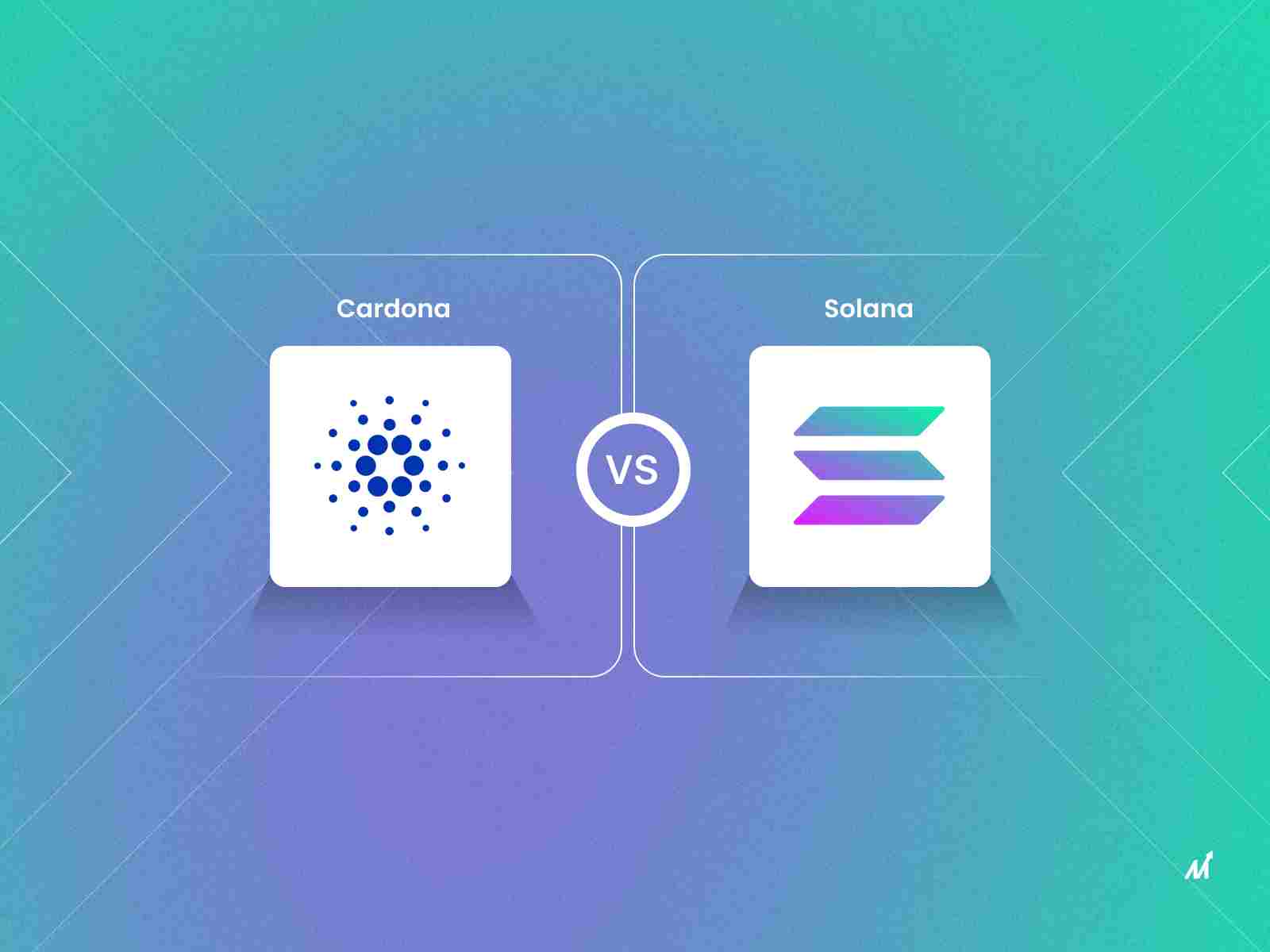Blockchain In retail: Introduction
We’ve talked about blockchain basics and how it affects marketing as an industry, but retail is another large industry ripe for transformation via blockchain. A report stated that by 2023, blockchain in retail could grow to $2.3 billion USD, the largest growth in any blockchain-related industry.
Many would argue that blockchain is too complex, and its adoption seems far in the future. Yet this report projects significant growth in under 5 years. Along with this change, the average consumer is also changing, demanding more transparency and authenticity in their products and faster delivery times. Expectations are shifting rapidly, and blockchain technology could very well answer this shift.
In terms of new technologies, it is important that businesses stay on top of trends and not fall behind. When businesses fall behind on emerging tech, they are likely to fail. Therefore, it is imperative that research is done now to discover ways blockchain can be used for your business.
Full blockchain adoption will likely take a few years, if not decades. However, big retailers like Walmart and Starbucks are already integrating blockchain technology into their supply chains. It’s only a matter of time before other retailers follow suit and incorporate blockchain technology in their processes.
Below we go through the benefits of blockchain in retail and how the emerging technology will help retail businesses gain more transparency around their transactions, thereby garnering consumer trust.
Blockchain in retail: Supply chain management
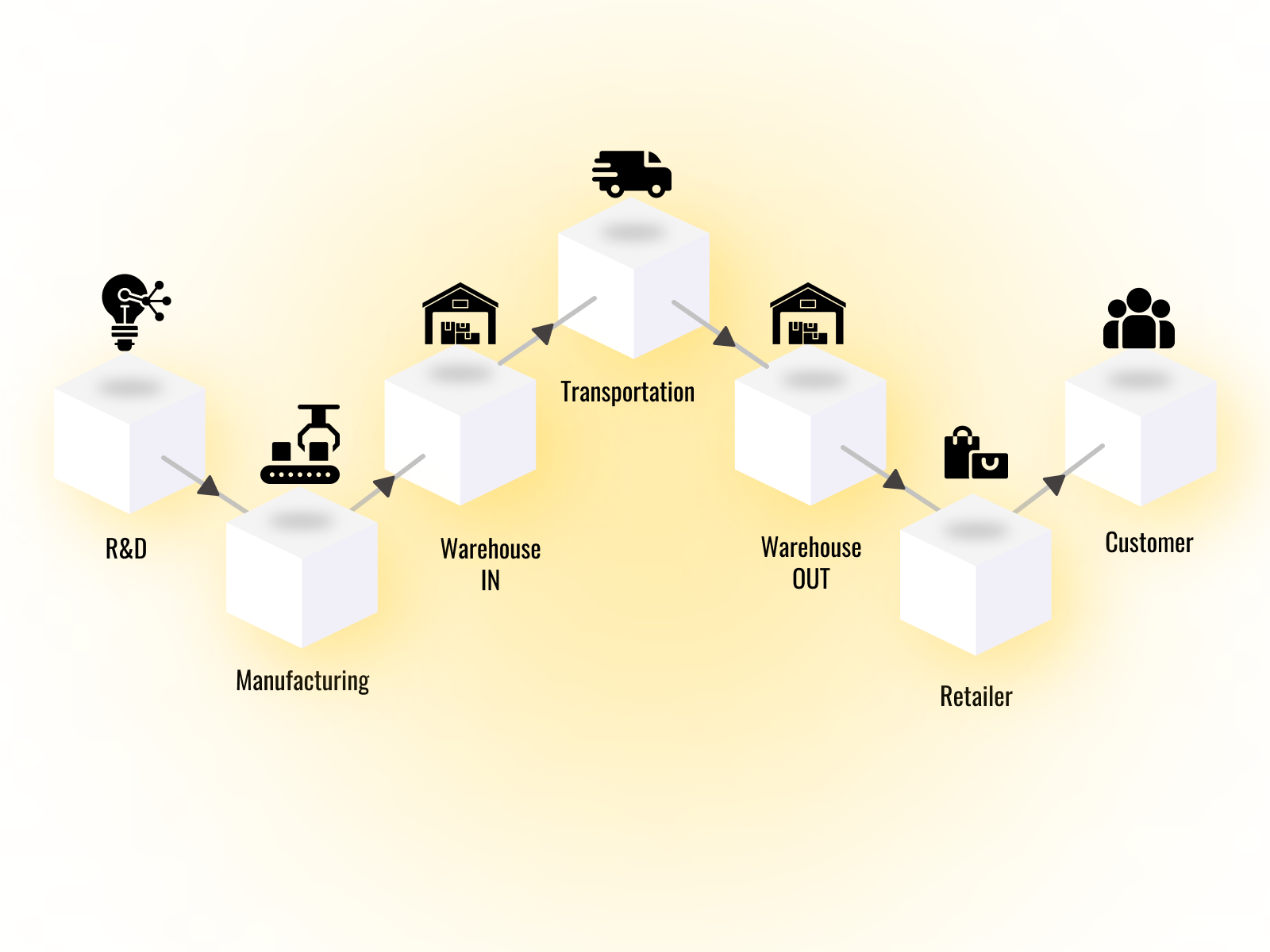
Blockchain has already made its way into this area of the retail industry, as seen by Walmart and Starbucks. The benefit of using supply chain blockchain is greater collaboration between all parties involved, including manufacturers, distributors, importers, retailers, and more.
The current system involves each party maintaining its disconnected database, leading to delays in gathering information from other parts of the chain. On the other hand, Blockchain deals with data in real time and offers a single view for all parties who can agree on the state of the information.
Tracking shipments will become much easier with the supply chain blockchain. Each stage of a product’s journey will have real-time information on when and where it originated and who handled it. This level of detail will result in fewer lost or stolen goods.
As a bonus, blockchain also has the potential to identify the exact items that are needed for recall. Supply chain blockchain can cut costs related to mass recalls of unsafe products.
Walmart is already ahead on this use case and has demanded all of its suppliers for leafy green vegetables upload their data to the blockchain by September of this year. The retail company has partnered with IBM to use its Food Trust Solution blockchain, specifically made for a food supply chain use case.
Because blockchain tech is immutable, customers and retailers can be assured that the path between a product’s place of origin and the storefront is accurate. Blockchain will remove the layer between retailers and customers, as everyone will be able to see if the place of origin was falsified or if products were handled properly.
Earlier this year, Starbucks announced its plan to use Microsoft’s supply chain blockchain tech to track its coffee beans and share real-time information. Adding blockchain tech to their supply chain system allows customers to view more data on the origins of their coffee, as well as provides growers with information on where their beans end up.
Reducing the risk of counterfeiting
Currently, consumers have little option but to take the word of third parties that their product originates from a certain place.
Blockchain reduces the risk of counterfeiting, a common problem in luxury items and electronics. It is incredibly difficult to fake authenticity on the blockchain network. This technology will also prove the legitimacy of resale items, ensuring the buyer receives the item described.
Blockchain allows a customer to source a whole product and all its components to their origins. Knowing exactly where a product comes from will help increase trust in a brand. This is also essential in medication and pharmaceuticals. Tracking the right medication has life-saving qualities.
Recently, Walmart has expanded its use of blockchain in regard to pharmaceuticals as well, partnering with blockchain company MediLedger to track the origins of medication. MediLedger has so far been focused on authenticating medication that has been returned for resale. This practice is only a small portion of the pharmaceutical market but is still worth over $6 billion. Health and Wellness products, which include Walmart’s pharmacy and over-the-counter drugs, accounted for 10 percent of the company’s total sales.
The system can also help retailers with identity management. A customer’s or an employee’s identity can be confirmed on the blockchain.
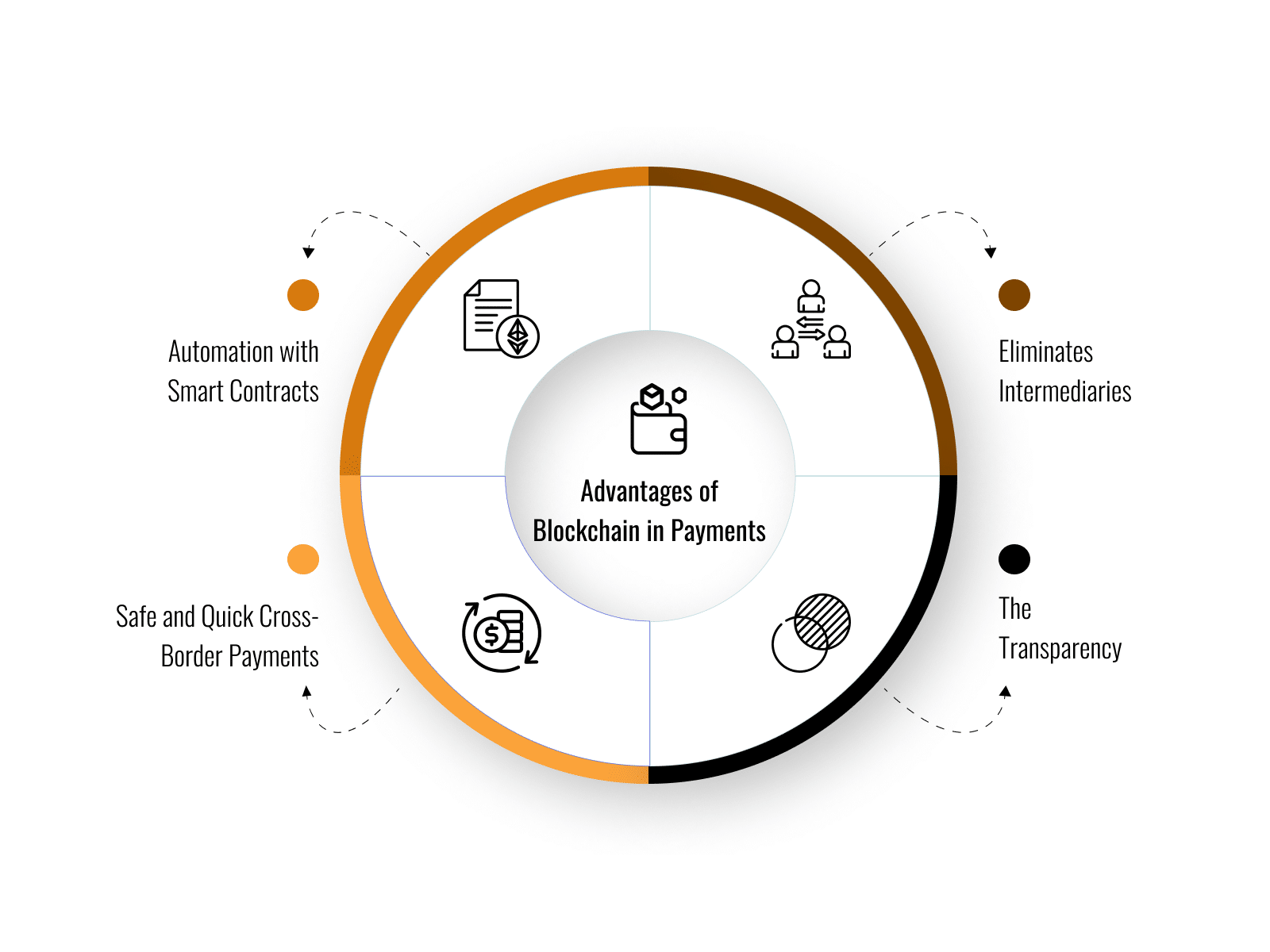
Enabling faster payments
Many retailers have yet to accept crypto payments. The initiation and registration process takes too much time and is not used in the mainstream. Retailers who have started implementing cryptocurrency payments can now reach an untapped audience worldwide.
Blockchain technology can speed up transactions while charging lower transaction fees. The technology records data in real-time, and anyone with a key can access the chain. This creates a method that could bypass traditional ways of transferring money, which is neither timely nor cost-efficient.
Another area of interest for blockchain in retail is smart contracts. These contracts contain instructions that the blockchain automatically executes if the conditions are met. Smart contracts store the necessary documents in the digital ledger. This eliminates the need for consumers to search for receipts from stores.
Furthermore, storing digital records on the blockchain means all information for returns and refunds exists on the network. Smart contracts could lead to instant payments and refunds, automatically instructing money transfers.
Ensuring consumer privacy
Companies operate in a system where each party stores its data on separate databases. However, this system is vulnerable to a security breach, as each database is a failure point. When the database is hacked, consumer data leaks to the public or third parties without consumer knowledge or consent.
Retailers carry a large amount of consumer data, particularly from the sign-up process for memberships or rewards programs. However, from that point, consumers have little control over who is viewing their data. Blockchain gives the power back to consumers, allowing them to choose who can access and use their data.
One possibility is for advertisers to pay consumers to view their ads. Consumers will be able to choose which brands they want to receive news and offers from. The consumer is already interested in the brand when they agree to view the ads, making them a qualified lead for marketers of said brand.
Improving customer loyalty programs
Retailers can also use blockchain-powered loyalty programs to boost customer experience. These loyalty programs can generate tokens, which users can trade or sell amongst themselves or redeem for purchases.
Blockchain opens up the possibility of earning points in a single digital blockchain wallet. Consumers can use the cryptocurrency in their wallets across all brands. This will lead to more customer engagement as blockchain allows them to easily track and redeem their points.
Retailers can even tie this data to artificial intelligence and learn a customer’s behavior. This combination helps retailers offer the right reward at the right time.
Blockchain in retail takeaways
With blockchain in the retail market expected to grow to $2.3 billion in the next few years, the sooner retailers integrate blockchain into their business operations, the better they will deliver on the customer experience.
Blockchain will mainly help give customers transparency and more control over their data in loyalty programs.
The average customer doesn’t need to learn every facet of blockchain. However, more consumers today want to learn about the origins of the products they buy. Particularly with the demand for organic products, retailers offering transparent information on their supply chains will gain more consumer trust.
Blockchain in retail also has benefits for the retailer and other players in the supply chain as well. Businesses benefit from greater consumer trust and more personalized information to the individual consumer. They can then use this information to provide more offers to entice each individual. Suppliers will also get a sense of how their products are arriving to consumers and where these consumers are located.
In short, blockchain in retail can manifest in several ways, including supply chain management, ensuring consumer privacy, enabling faster payments, and improving loyalty programs. Businesses that look for ways to adopt this new technology now will stand a better chance against others vying for consumer data, loyalty, and trust.
Chat with us today if you have a blockchain project in retail and need help with a marketing strategy. Markovate has helped dozens of businesses attract the right investors and audience as a blockchain development company. We can customize a blockchain marketing strategy based on your needs.


